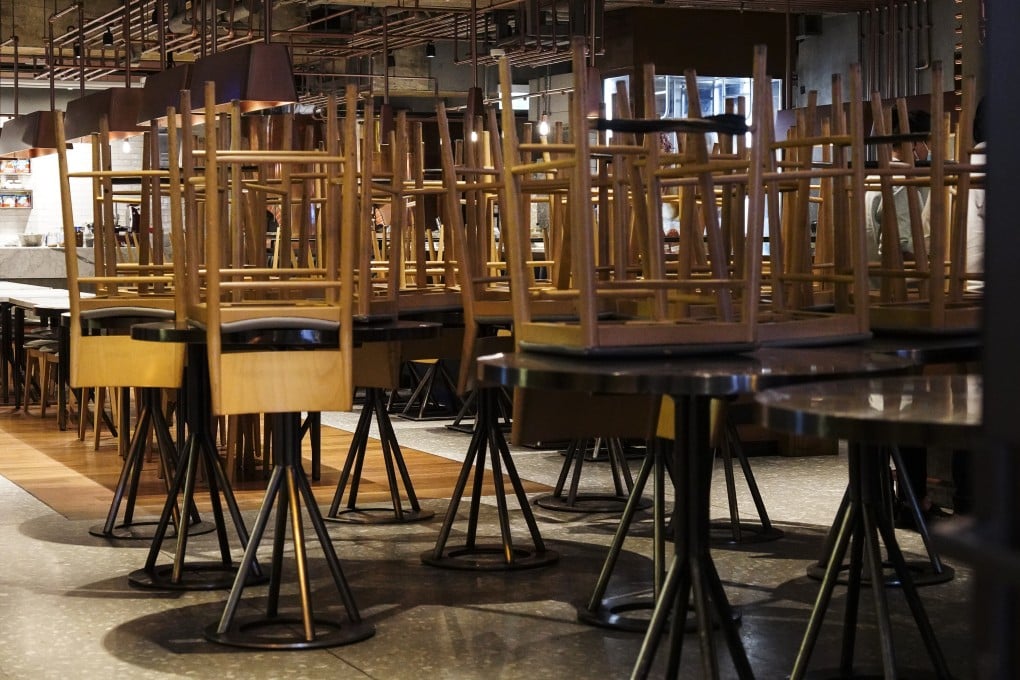Mouthing Off | Why cooking will never make you rich until you get out of the kitchen: the realities of a celebrity chef’s life
- Despite assumptions about celebrity chefs and five-star restaurants, most chefs work long hard hours for little reward
- Jamie Oliver and Gordon Ramsay may be millionaires, but their main income is from publishing, kitchenware lines and TV productions

I was chatting with a chef the week before the now-aborted complete ban on dining out. Concerned about the new regulation, he questioned the logic of only allowing people to eat out until 6pm. “Can the virus not spread during lunch?” he asked.
At the time, the chef was, naturally, quite worried about his restaurant’s finances. With the previous ban on dining in from 6pm to 5am, the chef was already losing roughly 60 per cent of his business. Without being able to serve lunch, he – like many other restaurateurs – decided he would completely shut down temporarily.
Luckily, the stricter regulation was lifted after just two days. But the entire sector is still coping, trying to push takeaway business as an alternative. It’s not easy for a fine-dining operation to suddenly switch to delivery and takeaway. It’s kind of like the Titanic trying to quickly change course after noticing the iceberg.

A lot of folks have a false assumption about chefs, especially those from top-tier posh outlets, to which this chef certainly belongs. We assume their celebrity-like status means they earn big fat salaries in a stratosphere far above us mere mortals.
